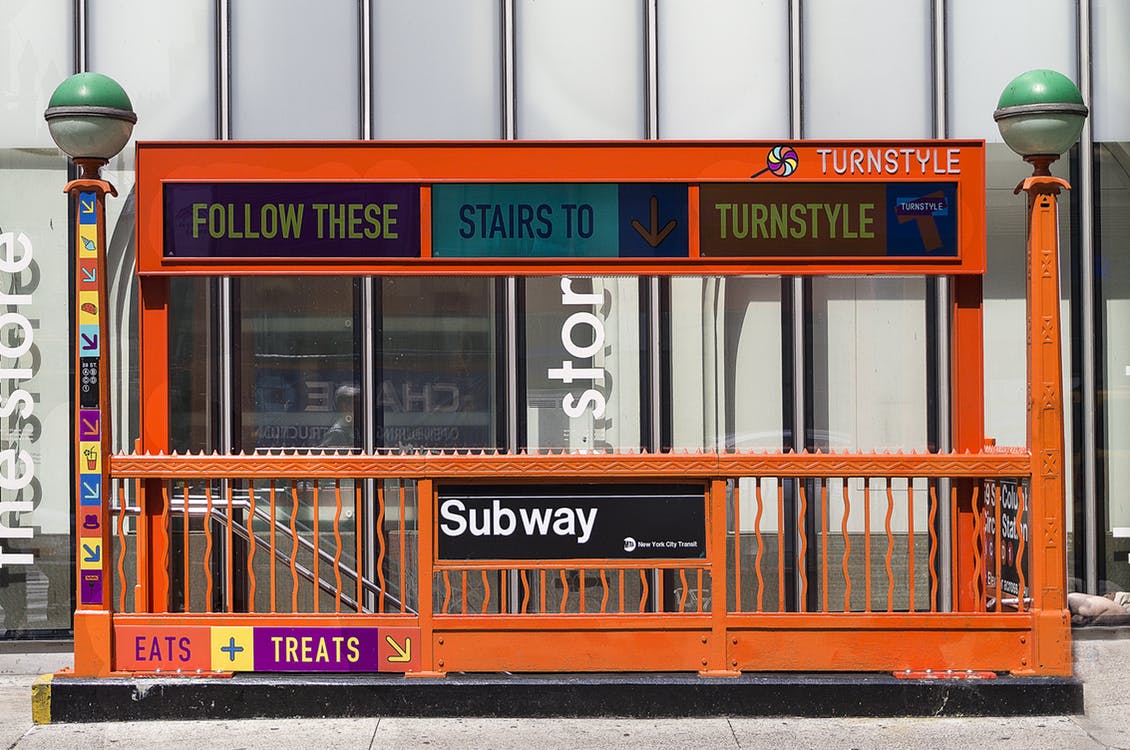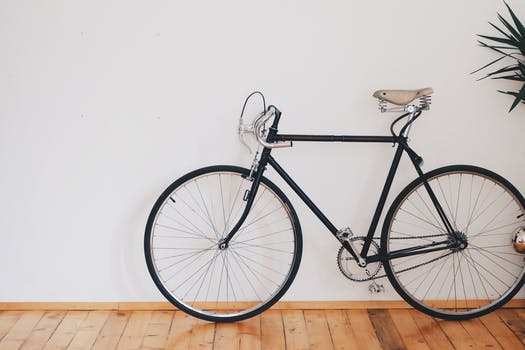

Getting to and from campus is probably one of the top priorities of any prospective college student but certainly not something one should have to battle with as an aspiring young professional just embarking upon the course of life.
As such, many universities, particularly the larger sort, offer shuttle services from specific locales, primarily the campus dorms and throughout the campus itself.
If you don’t have the good fortune to live by one of these designated spots you’re gonna have to improvise. While a car might seem like the most convenient option it is not always the most sensible; obviously, a car payment is not the only cost of owning a car, what with insurance, maintenance and fuel costs and the like. But if you’re living in a decent sized city it may just not be practical; the parking situation may simply not allow it.
Parking and Transportation departments are essentially set up as a racket; tow trucks waiting in hot standby, ready to take the latest infraction to the impound lot, knowing full well there are not enough spots to go around.
Traffic cops patrol, more than dutifully, dole out citations, which quickly turn into outrageous fines should they not be paid in time, roughly 20 days or so from the time of issue, depending on the municipality. So rather than deal with petty bureaucracy, consider your options: public transportation, either light rail or the bus, or alternative means, be that a bicycle or your own two feet.
When considering either the light rail or the bus, undoubtedly the light rail is the faster of the two but comes with the added cost of notably higher rent prices for apartments within close proximity of a station. For example in Los Angeles, available spots near the Metro Line, which has yet to open, prices were 25% higher, with the added caveat that vacancies were low and demand high; this is clearly an extreme example but be wary of the price of luxury when making your cost of living calculations.
On the other hand, what the bus lacks in speed it makes up for in dependability; cities have every major avenue covered in terms of routes and college campus are at the top of the list in terms of priority as destinations. Not to mention, there is no effect on rent prices; the most you can expect to deal with is the odd passenger on your morning commute, which might be delayed by traffic, which is simply unavoidable.Give yourself that extra time in the morning in anticipation of any setbacks. Any major supermarket chain offers bus passes, either monthly or day passes at their customer service counter, offering you the most bang for your buck.
If you would rather skip the congestion and you’re up for the extra effort then a bike is the most economical option. I’m no Greenpeace advocate but not worrying about gas prices is one less burden off my mind and lightens the indent of the carbon footprint, not to mention the load of your wallet.
Bicycling lanes are increasingly being integrated into the city infrastructure in consideration of traffic concerns and the need for options; for campuses, there should almost certainly be accommodations. If you choose to go this route, it would be wise to carry a spare tire, as well as a field kit, should worst come to worst; it’s also worth looking into fenders, especially in locations with the potential for snow, they’ll keep you dry and your outfit, clean. Just as with riding the bus though, allow some more time to your commute and account for the weather; it will be colder once you get moving.
Don’t take any shortcuts with your safety or security, however, invest in a vest or a headlight, something to grab the attention of a passerby and always assume no one sees you; a sturdy lock is obviously a must-have if biking is your primary form of transportation.
Finally, though hoofing it like the Flintstones may not be the most lavish option it is certainly admirable whether you choose to run or walk. If the distance allows it this can kill two birds with one stone, turning your commute into your workout. You’ll definitely want to know where to go on campus to freshen up, as well as taking a change of clothes.
There’s also the added benefit of increased mental activity from the physical exertion, stimulating the chemical cocktail, helping you retain information, connect the dots and apply information practically which is why you’re there in the first place. Investing in a backpack specifically for running will also work wonders for keeping good posture, avoiding any unnecessary aches and pains.
About the author:
Genesis Soto is a Psychology student at the Metropolitan State University of Denver and US Navy veteran. A wordsmith honing his literary edge, when not engaged in his craft, he can be found practicing mixed martial arts or immersed in nature. Genesis lives in the Mile High city in beautiful Colorado by the splendor of the mountains.





 Equal Housing Opportunity
Equal Housing Opportunity

